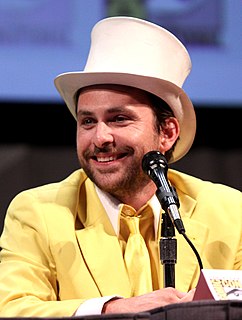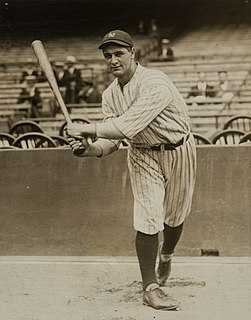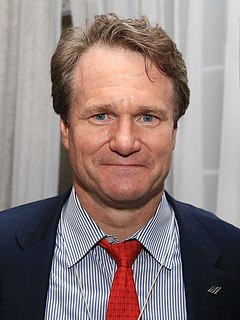A Quote by Leslie Jamison
It's one of the most liberating things I experience in writing - letting yourself get rid of a gesture or character or plot point that always nagged, even if you couldn't admit to yourself that it did.
Related Quotes
What you do for yourself, any gesture of kindness, any gesture of gentleness, any gesture of honesty and clear seeing toward yourself, will affect how you experience your world. In fact, it will transform how you experience the world. What you do for yourself, you’re doing for others, and what you do for others, you’re doing for yourself.
Get rid of the idea that God wants you to sacrifice yourself for others, and that you can secure his favor by doing so; God requires nothing of the kind from you. What He wants is that you should make the most of yourself, for yourself, and for others; and you can help others more by making the most of yourself than in any other way.
You're writing for some version of yourself. You're writing the kinds of things that you like to read or wanted to read at a certain point. So, primarily for most of my career, I've written the kind of criticism that fascinates me. The things I discovered the things that get me going, that I'm excited about.
If you want the great and mighty things God has for you, you must get to the root of anger and deal with it. Get rid of the masks and face the things that happened in your life that made you the way you are today. Admit that you can't change by yourself. Until the root is removed, it'll continue to produce one bad fruit after another.
The writer must always leave room for the characters to grow and change. If you move your characters from plot point to plot point, like painting by the numbers, they often remain stick figures. They will never take on a life of their own. The most exciting thing is when you find a character doing something surprising or unplanned. Like a character saying to me: ‘Hey, Richard, you may think I work for you, but I don’t. I’m my own person.’
Chris Claremont once said of Alan Moore, "if he could plot, we'd all have to get together and kill him." Which utterly misses the most compelling part of Alan's writing, the way he develops and expresses ideas and character. Plot does not define story. Plot is the framework within which ideas are explored and personalities and relationships are unfolded.







































